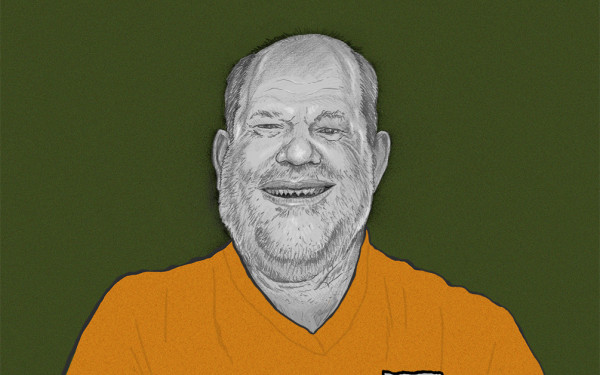Editorial: Conversations on Sexual Misconduct are Raising More Questions Than Answers
We’re sick and tired of this.
Over the last two years, The Link has written countless editorials regarding Concordia’s failure to properly address sexual violence on campus, yet here we are again.
We can’t say that we’re shocked by the recent sexual harassment allegations from within our university’s Creative Writing and English Literature programs, because it seems that it’s par for the course at our university.
It’s great that there are investigations being conducted at all, but it took an essay written by a man for the university to finally start taking these kinds of issues seriously, despite numerous students sharing accounts of harassment and abuse of power from faculty members for years.
In 2014, Emma Healey, a former student, wrote an essay that recounted her experience with an unnamed professor. In 2015, six students signed a letter to the then-Chair of the English department explaining how uncomfortable they felt with the university’s silence in response to the allegations of abuse. And these attempts to speak out were met with radio silence.
But shit hit the fan when Mike Spry, a Concordia alumni, published an essay on the site CanLit Accountable entitled “No Names, Only Monsters” on Jan. 8. This essay explained the hubris and toxicity that Spry witnessed during his time in the Creative Writing and English Literature programs, but also brought to light the serious sexual misconduct of a few teachers within our school.
One example Spry described was of a celebrated writer and professor in the university who “despite being a Concordia professor—rented a hotel room so that he could entertain young writers away from his house and family.”
And while the claims are being investigated by a third party—a fact that a student association released after Concordia President Alan Shepard refused to say anything about the investigations—we still have several questions that the university has yet to answer.
What will happen to the professors if the investigations prove the allegations to be true? If said teachers are tenured, what can the university do? But most importantly, why is an investigation only happening now?
In October, Concordia’s policies on sexual violence received a score of D- (or 52 per cent) from the national Our Turn Action Plan. This grading system was developed in partnership by 14 universities across Canada with the goal of “[ending] sexual violence on campus” in mind.
Concordia has ambitions to raise their grade, but students have been approaching the school about sexual harassment for a long time now, only to be met with a pat on the shoulder and brushed under the rug, while the institution continues to congratulate itself on their Sexual Assault Resource Centre and policies. We are deeply disappointed with our school right now.
This isn’t a step in the right direction, it’s regression.
Time and time again, Concordia has proven to be incompetent at handling cases of sexual harassment on campus—so much so that some on social media have begun advising others of going straight to the Quebec Human Rights Commission, as opposed to the university’s office of rights and responsibilities—so the news of the investigation being handled by an external investigation is very welcome.
But until the results of the investigation are made public, how can current students feel safe, or protected, when harassment issues go ignored for so many years? Shepard, said that he feels “confident that the environment that we have in our university and departments is safe.”
These words, and others like them, are hollow unless concrete action is taken, and there aren’t any guarantees the task force put together by the university to address sexual violence on campus, will lead to any substantial changes.




_600_375_90_s_c1.jpg)

_600_375_s_c1.png)
